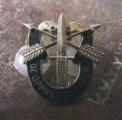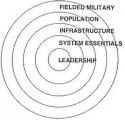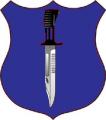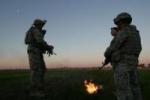Generous is a relative thing.
Both were allowed to self-determine their government.
Both were allowed to remain nations.
Both were rebuilt with Western Capital and protected by Western military power and they recovered.
Brutal in combat, gracious in victory. This was the measure of success for 200 years.
Now with Globalization and the empowering of populaces there is another major change that must be assessed for impact on warfare, lest we piss away more generations of young men chasing the wrong measures of success.




 Reply With Quote
Reply With Quote








Bookmarks